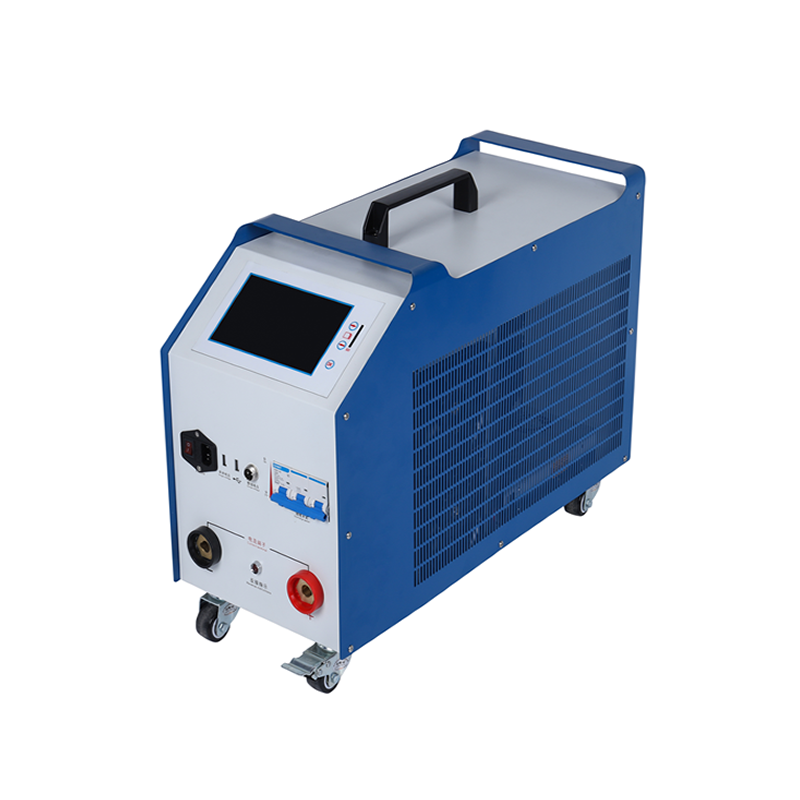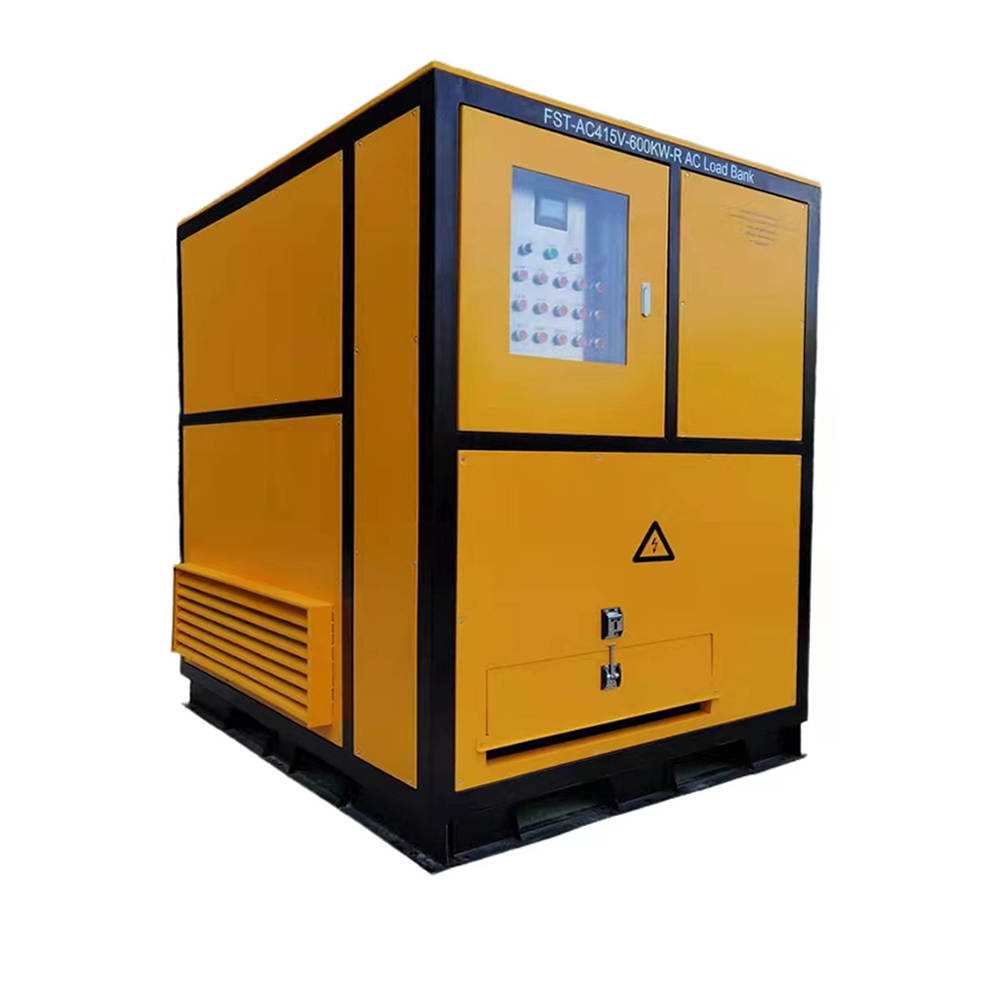Project Description
Certainly! Maintaining backup power systems is crucial for ensuring they are ready to function reliably when needed. Here are some key aspects of backup power maintenance:
1. **Regular Inspections**: Schedule routine inspections of the entire backup power system, including generators, transfer switches, batteries, and associated components. Inspections should identify any signs of wear, damage, or potential issues that could affect performance.
2. **Load Bank Testing**: Perform load bank testing periodically to simulate real-world conditions and ensure the generator can handle the expected load during a power outage. This helps identify any weaknesses in the system and ensures it operates at optimal efficiency.
3. **Battery Maintenance**: Batteries are a critical component of backup power systems. Regularly check battery connections, electrolyte levels (for flooded lead-acid batteries), and perform capacity tests to ensure they can provide sufficient power when needed. Replace batteries as needed based on manufacturer recommendations.
4. **Fuel System Inspection**: If your backup power system relies on fuel (such as diesel or natural gas), regularly inspect fuel tanks, fuel lines, and filters for leaks, corrosion, or contamination. Ensure fuel supplies are adequate and properly stored.
5. **Cooling System Maintenance**: Cooling systems, such as radiators and coolant levels, are essential for maintaining proper operating temperatures in generators. Regularly inspect and maintain cooling systems to prevent overheating and ensure optimal performance.
6. **Electrical System Checks**: Inspect electrical components, wiring, and connections for signs of wear, corrosion, or damage. Ensure all electrical connections are tight and secure to prevent potential failures.
7. **Documentation and Record-Keeping**: Maintain detailed records of all maintenance activities, including inspections, tests, repairs, and replacements. This documentation helps track the history of the backup power system and ensures compliance with regulatory requirements.
8. **Emergency Response Plan**: Develop and regularly review an emergency response plan outlining procedures for responding to power outages and backup power system failures. Ensure personnel are trained on proper operation and maintenance procedures.
9. **Contract with Professional Service Providers**: Consider contracting with professional service providers or technicians specializing in backup power systems for regular maintenance, inspections, and repairs. They can offer expertise and ensure compliance with manufacturer recommendations and industry standards.
By implementing a comprehensive maintenance program and regularly inspecting and testing backup power systems, organizations can ensure they are prepared to maintain critical operations during power outages and emergencies.



